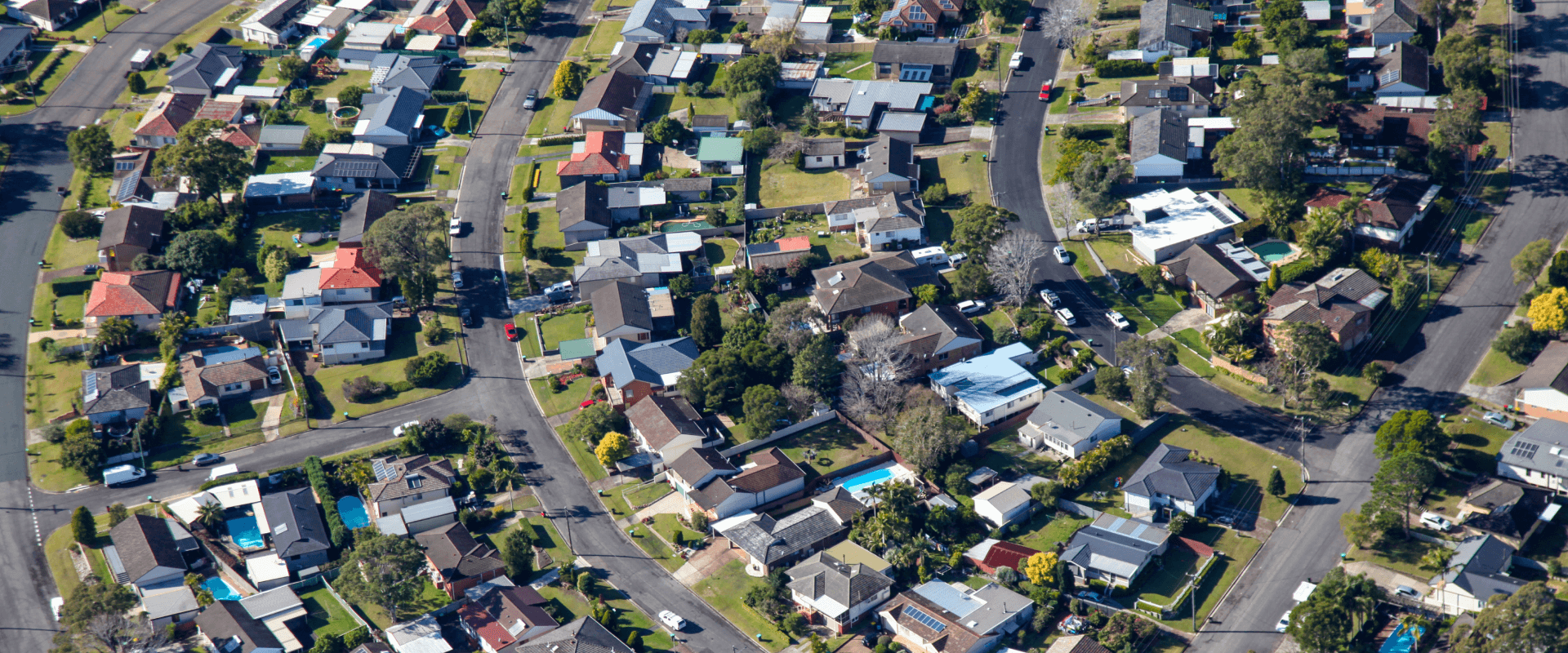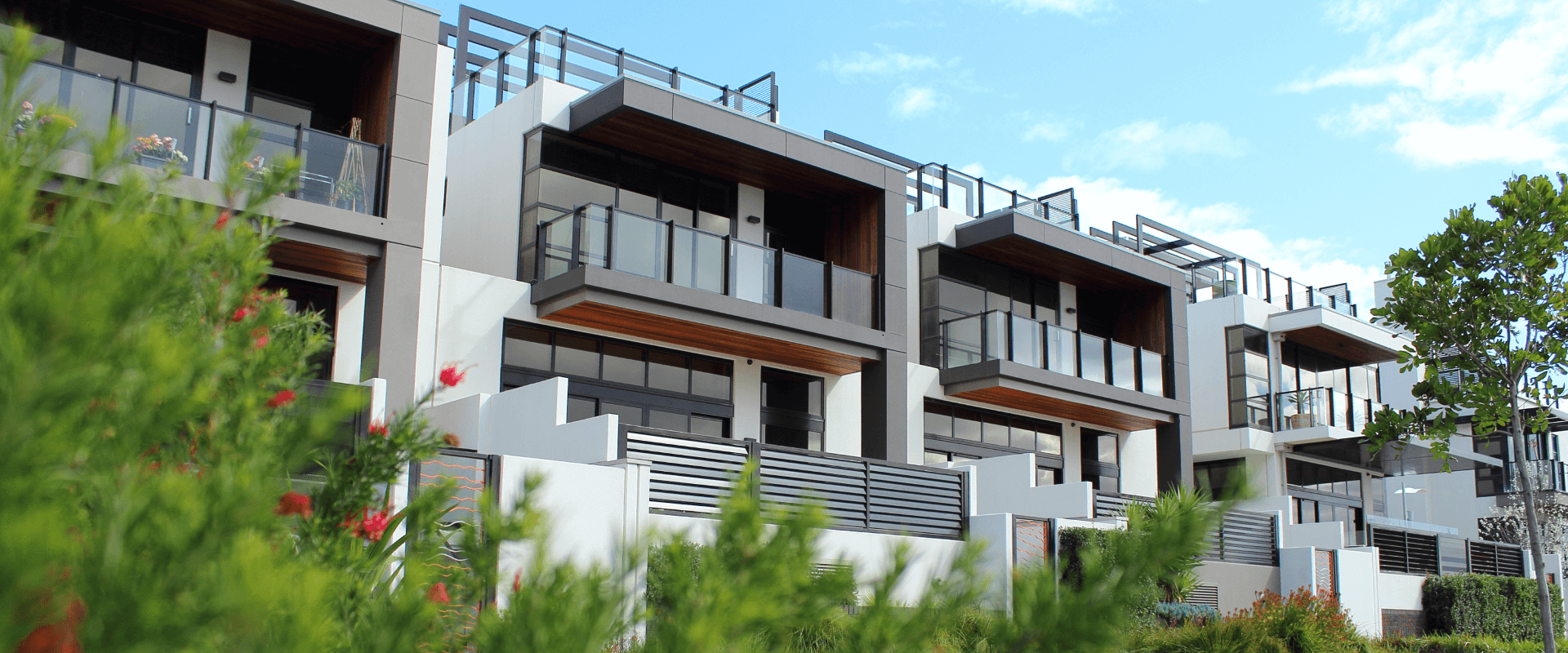If you’re looking to buy a property in Queensland you’ve probably heard people talk about stamp duty also known as transfer duty. But what is it, and does it apply to you?
Simply put, stamp duty is a tax we pay when buying a house. The Queensland government will charge a percentage of the price of the property you’re buying. On average, people in Queensland pay tens of thousands of dollars in stamp duty. That’s on top of the mortgage, deposit and other expenses that come when buying a property.

How much does stamp duty cost?
Stamp duty rates are determined by the Queensland state government. There are five different price brackets that determine your stamp duty, and any purchase under $5,000 doesn’t pay stamp duty at all. See the table below to get an idea of how much you will pay.
| Dutiable value | Duty Threshold |
|---|---|
| Up to $5,000 | Nil |
| More than $5,000 up to $75,000 | $1.50 for each $100 or part of $100, over $5,000 |
| $75,000 to $540,000 | $1,050 plus $3.50 for each $100 or part of $100, over $75,000 |
| $540,000 to $1,000,000 | $17,325 plus $4.50 for each $100 or part of $100, over $540,000 |
| More than $1,000,000 | $38,025 plus $5.75 for each $100 or part of $100, over $1,000,000 |
Stamp Duty – Home Concession Rates
| Dutiable value | Duty Threshold |
|---|---|
| Up to $350,000 | $1.00 for each $100 or part of $100 |
| $350,001 up to $540,000 | $3,500 + $3.50 for every $100 or part of $100, over $350,000 |
| $540,001 to $1,000,000 | $10,150 + $4.50 for every $100 or part of $100, over $540,000 |
| More than $1,000,000 | $30,850 + $5.75 for every $100 or part of $100, over $1,000,000 |

When do I have to pay stamp duty?
In Queensland, stamp duty is payable within 30 days of the contract being entered into or when your contract becomes unconditional. Given most contracts settle within 30 days it is commonly paid at settlement. However, if settlement is later than this date, duty must be paid when due or additional interest on unpaid duty will need to be paid.
When purchasing you need to make sure you budget for stamp duty on top of your deposit, mortgage, building inspection, moving costs and other expenses.
Buying or Selling?
Get the legal support you need!
Are you entitled to any stamp duty concessions?
Now for some good news! Before you have to hand over tens of thousands of dollars in tax, you might be eligible for a stamp duty concession. The Queensland government offers a $0 fee for stamp duty if you are a first-home buyer and the house buying a house under $500,000, or vacant land under $250,000. You can find out more about stamp duty concessions on the Queensland government website. We recommend always checking to see if you qualify for a stamp duty concession.

The issues with stamp duty
For many years, people have raised concerns over the continued payment of stamp duty. Stamp duty does contribute significant revenue to the economy. In Victoria alone, the State Budget 2023/2024 estimates land transfer duty to contribute $7,360,000,000 to the State budget. Critics have pointed out that stamp duty is an outdated tax that comes at what is, for many people, a financially stressful time. It is also the ongoing cause of a significant shift in home buying behaviour.
An out-dated tax
The origins of for stamp duty stem from an old system of government. Back then, land transfers were less common and property transactions weren’t logged to the level of detail that they are today. Additionally, the process to officiate a sale and “stamp” (with a real stamp) the sale documents took more government time. Stamp duty was therefore a way to make sure the government was getting taxes from property owners, but land transactions have changed a lot since then. Now, the process is much easier for governments as there are accurate and up-to-date records of every parcel of land. The way we buy and sell property has changed too, so the question is – shouldn’t the taxes that come with it change too?
The cost of stamp duty
Buying a property is one of the most significant purchases the average Australian makes in their lifetime. It’s an exciting dream that many of us pursue. But at the same time, it’s a high financial bar to get over. Property
prices in certain areas have soared upwards over the past few decades and are now vastly higher than the average income. Which means that stamp duty is not only a high tax, but it comes when the difference between the average wage and the average price of property is wider than ever.
Behaviour changes
Perhaps most importantly, the cost of stamp duty has also lead to behavioural changes in the home-buying market. The added cost of stamp duty has become a barrier to anyone trying to enter the real estate market. But not only this, it is a deterrent on anyone looking to move to a new house. A growing family may choose to stay and try to renovate or expand their current house just to avoid paying stamp duty again. So too, retirees often stay in houses that aren’t ideal for their needs simply because downsizing will cost them a lot in stamp duty.

The future of stamp duty
Many will be glad to hear that reform is on the horizon. The Australian Capital Territory is currently leading the way to phase out stamp duty. In 2012, the ACT government released a 20-year plan to reform the territory’s property tax, an intention they said aimed to “abolish a number of inefficient and unfair taxes”. Instead, they are replacing it with “barrier free conveyancing”.
Ultimately, the future of stamp duty in Queensland is in the hands of the state government.
 Call us on 1300 932 738
Call us on 1300 932 738


